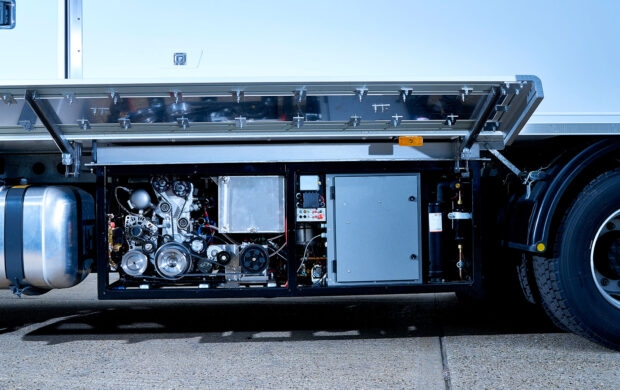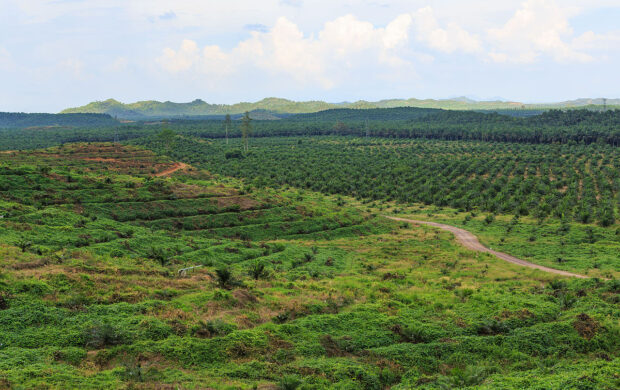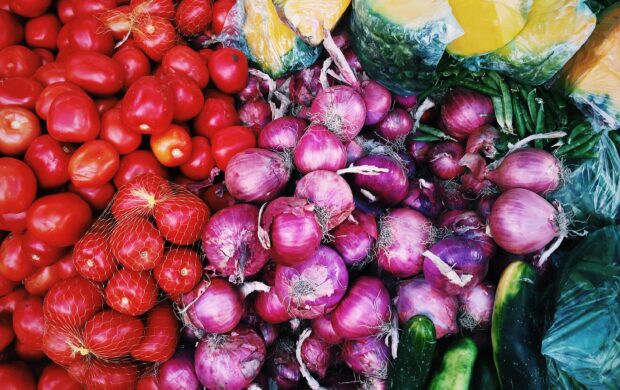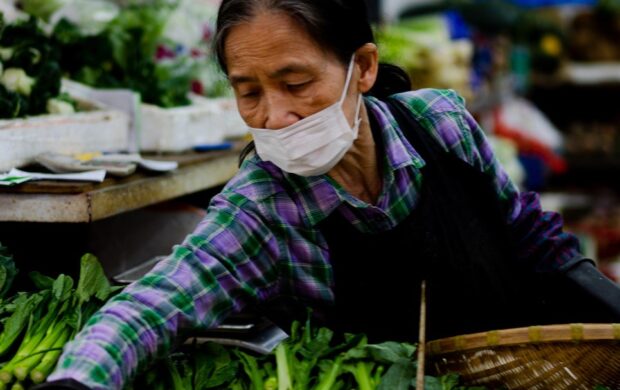COVID-19 has brought to light the complexity of global food value chains.
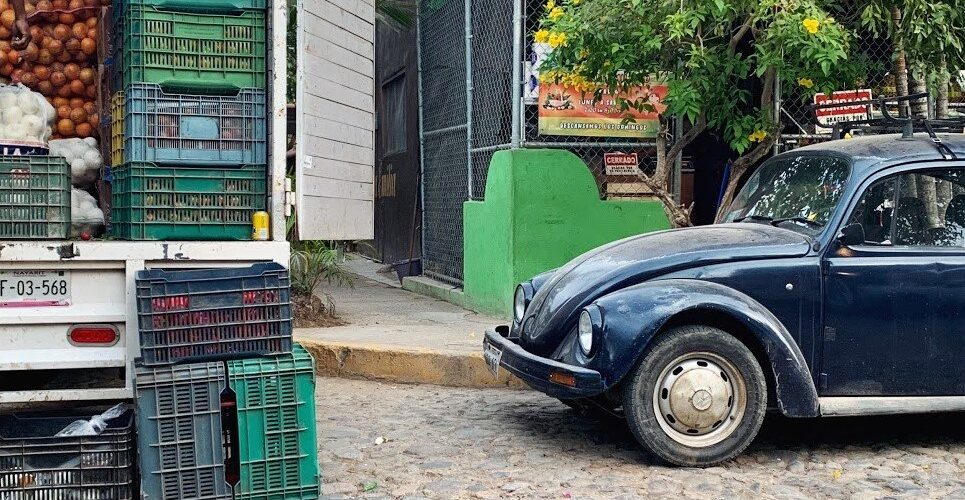
As restrictions on the movement of people, goods and resources come into play, impacting the supply of food and the resources and labour used to grow it, we’re seeing a huge variety of responses to the different challenges of the food system.
One significant area of focus is the localisation and simplification of supply chains, with the World Economic Forum calling on companies to shorten supply-chains in order to manage long-term risks. In many countries, retailers, farmers and consumers are increasing local supply and consumption. In some countries (for example, in France, Poland, the US, and China), demand for community supported agriculture has soared. In the UK, online platforms, crowdsourced databases and social media have all played a role in connecting farmers with local consumers. In Thailand, the government has taken actions to bolster its domestic food system – from seed distribution and promotion of Thai fruit consumption to facilitating agricultural migration. Some of the largest producers of wheat and rice, namely Kazakhstan and Vietnam, have suspended exports – highlighting the vulnerability for countries who rely significantly on food imports.
Farms to Feed Us is one example of a grassroot initiative started in the UK by a group of activists, farmers, economists and journalists that lists small scale food suppliers now selling directly to the public. The spreadsheet-based initiative is open, fully transparent and free to everyone, includes no intermediaries, and invites users to crowdsource listings in order to grow the database further.
So what?
Shorter supply chains can not only reduce vulnerability to international market disruptions, but they can also enhance access to fresh food and increase the value going to the farmer. They are also a key component of a diversified agroecological system. Many organisations, including the FAO and IPES, promote shorter supply chains as a critical route to building economic, environmental and social resilience in our food system.
With the systemic weaknesses exposed by the virus likely to be compounded by climate change in the years to come, the food system needs to build resilience into their response as we emerge from the more immediate crisis.
Business, government and civil society all have a role to play in how the future food system is shaped – from where food is sourced from, to how its distributed and which types of production practices and crops are incentivised. The path businesses choose for their own food production and distribution will influence how resilient their businesses and our future food system are.
Businesses will need to evaluate their supply chain in light of the COVID-19 crisis to find and account for their weaknesses. For example, where are they vulnerable to changing trade policies or to potential impacts on prices, availability or transportation of foodstuffs from future climate crisis? How sustainable in environmental, social and economic terms are the farming practices used in their supply chains? What means are available to them and their suppliers to change this – including advocacy, financial support, new business models and new collaborations?
Read more about commodity value chains in our recent blog taking the example of cotton.
Signal spotter: Sophie Robins
Source: https://londontheinside.com/order-produce-directly-with-farms-to-feed-us/
Photo by Jonathan Beckman on Unsplash


